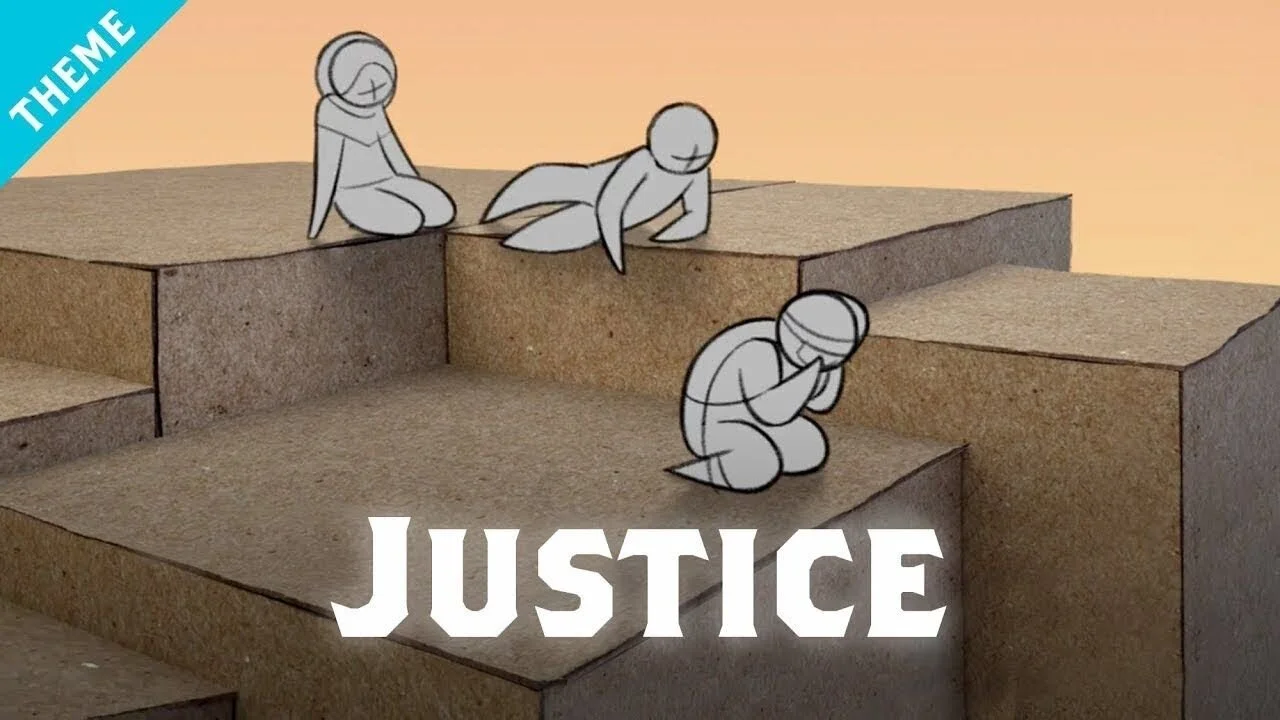I have a message for faith-driven investors. It’s time to move beyond just funding anti-trafficking work. It’s time to put your talent on the table.
Read MoreWhat would it look like if we all consult the people ‘less valuable’ to truly understand their actual and not an assumed need? What would it look like to brainstorm solutions together with people who have lower education levels and a scarcity of resources, yet hold an abundance of community connection and resourcefulness?
Read MoreGod did not intend for all to be equal when it comes to wealth distribution. If that were His plan, He would not have had to add the 10th commandment to warn us against coveting what our neighbor has that we do not have.
Read MoreA calling to represent the Kingdom in the business world carries with it some of the best fringe benefits (when compared to other callings), but it also brings significant responsibility.
Read MoreOn this week's podcast, we talked to Jerome Garciano and Jeff Shafer about Opportunity Zones. Recently, Jerome wrote a whitepaper that was influential in the OZ legislation that will help you better understand the what, why, and how of opportunity zones.
Read More“We are an Inclusive Workplace and will hire the most qualified candidate period.” Sound familiar? By its very nature, this statement is a contradiction in and of itself.
Read MoreEconomic growth can be the single biggest contributor to poverty reduction. Christian entrepreneurs and investors need to redeem the marketplace. The choices that Africa makes today will have an impact for many generations.
Read MoreIf we are transformed into the image of whatever we worship, and our culture worships the pursuit of material wealth and pleasure, then racial injustice must have something to do with this. If we truly want to help without hurting and overcome racism, the first step is to repent of our materialistic idolatry.
Read MoreThe language used to describe our community has long been deterministic and continues to lead to the dehumanization of People of Color. During slavery, we were labeled as "chattel," after slavery, we were called "vagrant convicts."
Read MoreIn the 1970s, Milton Friedman articulated a myopic mission for corporations to concentrate solely on serving the interest of the investing class. He said that if their interests are served well, all will benefit. Society now bears the results.
Read MoreIn the world of venture capital and startups, there’s always an ongoing dialogue of value and power, perceived and real. Because founders and VCs spend all of their time in a human-behavioral cluster where the sole focus is on equity, they often act in ways that are fundamentally broken.
Read MoreAlfa Demmellash took us on a journey to Ethiopia, Harvard, and Rwanda to explain the work she’s doing for underserved urban entrepreneurs.
Read MoreOne of the frequently overlooked little details of the Gospel is that when the wise men from the East announced that the birth of the Messiah, Herod was troubled, and all Jerusalem was troubled with him.
Read MoreThese three phrases — reconciliation, economic wisdom, and the church — belong together. Why? Let’s begin with a definition of reconciliation. Brenda Salter McNeil’s book, Roadmap to Reconciliation: Moving Communities into Unity, Wholeness and Justice, helps us.
Read MoreAs an upper-middle class white male, I have no place speaking about racial injustice. The closest thing to racism I have experienced are Latino people making fun of me within earshot, not realizing that this blue-eyed white-boy is fluent in Spanish. Try as I might to empathize, there is no way I can fully understand the experience of my black fellow Americans.
Read More"Justice" is a felt need in our world today and a controversial topic. But what is justice, exactly, and who gets to define it? In this video, we'll explore the biblical theme of Justice and discover how it's deeply rooted in the story-line of the Bible that leads to Jesus.
Read MoreA few years ago in a powerful op-ed in the New York Times, Nicholas Kristof wrote that “the United States now has a greater wealth gap by race than South Africa did during apartheid. Whites in America on average own almost 18 times as much as blacks; in South Africa in 1970, the ratio was about 15 times.”
Read More
















